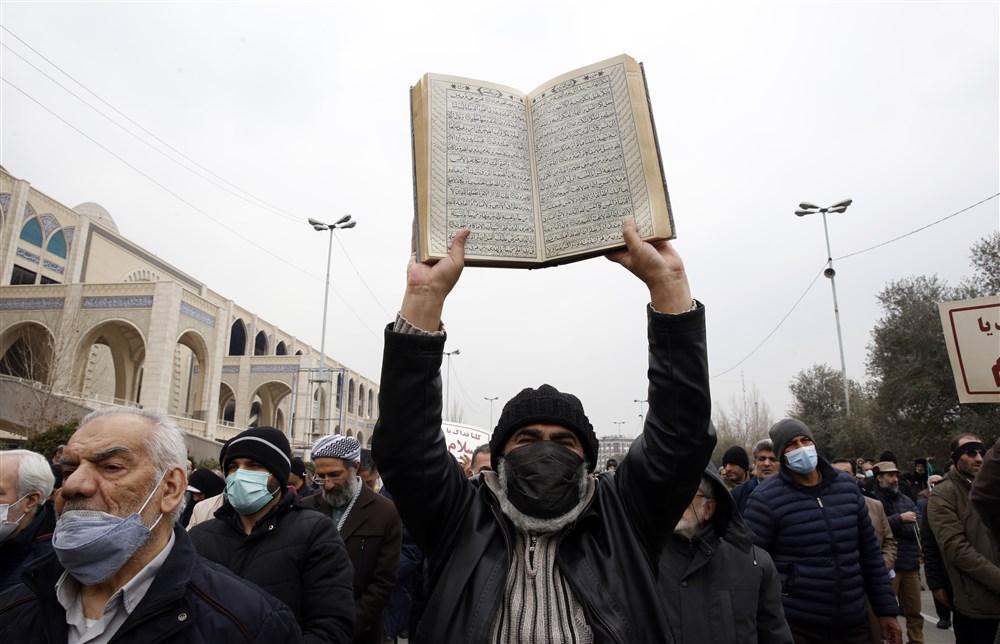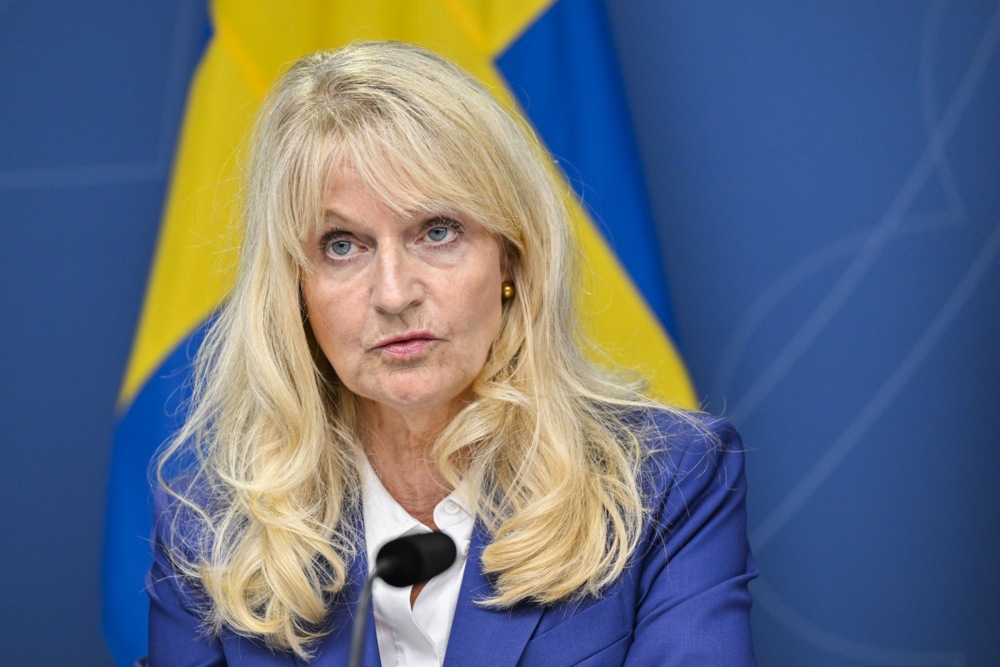Louise Meijer, an MP for Sweden’s centrist Moderate party, apologised to voters for her previous position on open borders. She regrets “making mistakes” by “pleading for openness and refugees [being] welcome”, she says.
Meijer says she “changed her mind” over her views, in an opinion piece for Expressen this week.
“Now, instead, I am advocating an even stricter migration policy than the one I opposed at the time,” she says.
Political sentiments around migration have shifted swiftly in Sweden, with now even leaders of the Social Democrats saying they favour more strict migration policies.
Sweden today is a “completely different country than it was at the end of the 20th century”. Per capita, it has “received the most immigrants in the Western world” in modern times, Meijer writes.
Today, “more than a third of Sweden’s population has a foreign background. In 1987, the corresponding figure was 11 per cent.”
Meijer is her party’s leader in the Swedish Parliament’s Justice Committee, and is from the same party as prime minister Ulf Kristersson.
Kristersson, since October 2022, leads a minority government, with support from the right-wing Sweden Democrats.
The Sweden Democrats became the second largest party in the Riksdag in the most recent elections, driven by firm opposition to immigration.
Currently “about 20 per cent of our inhabitants are of non-European and non-Western descent”, Meijer says.
In Europe, “only France, the United Kingdom and the Netherlands can show a similar figure, but the structure of immigration in these countries is linked to immigration from former colonies,” she says.
Meijer says in several Swedish municipalities, more than half of the inhabitants have an immigrant background, which has caused fundamental change.
“For me, it is obvious that the large immigration to Sweden has been followed by several major problems”, Meijer writes.
“Large parts of the group of immigrants are not self-sufficient. People of foreign origin largely commit serious organised crime. The honour culture, separatism and Islamism are limiting and dangerous,” she argues.
“A high level of migration in a relatively short period naturally affects the possibility of integration. The conditions for integrating people into Swedish society are becoming more difficult as immigration increases. This leads to exclusion that is burdensome, both for the people who live in it and for society as a whole.”
“For integration to work, people who both want to move here and who already live here need to adapt to Swedish society and our values. You must work, speak Swedish and do your duty before claiming your rights. Those who do not want to adapt and integrate should not stay in Sweden. Expulsion or repatriation should then be a real alternative.”
“It has become clear, for Sweden to be as good a country as possible for all the people who live here, we must have minimal asylum immigration here for the foreseeable future. It is needed for our country to hold together,” Meijer argues.
Vi var många som hade fel om invandringen. Jag erkänner det och har ändrat mig.
Kan vi lita på Socialdemokraterna när Magdalena Andersson inte kan göra samma sak, skriver Louise Meijer (M).https://t.co/ZAkVgPFe9T— Expressen Debatt (@ExpressenDebatt) March 9, 2024





